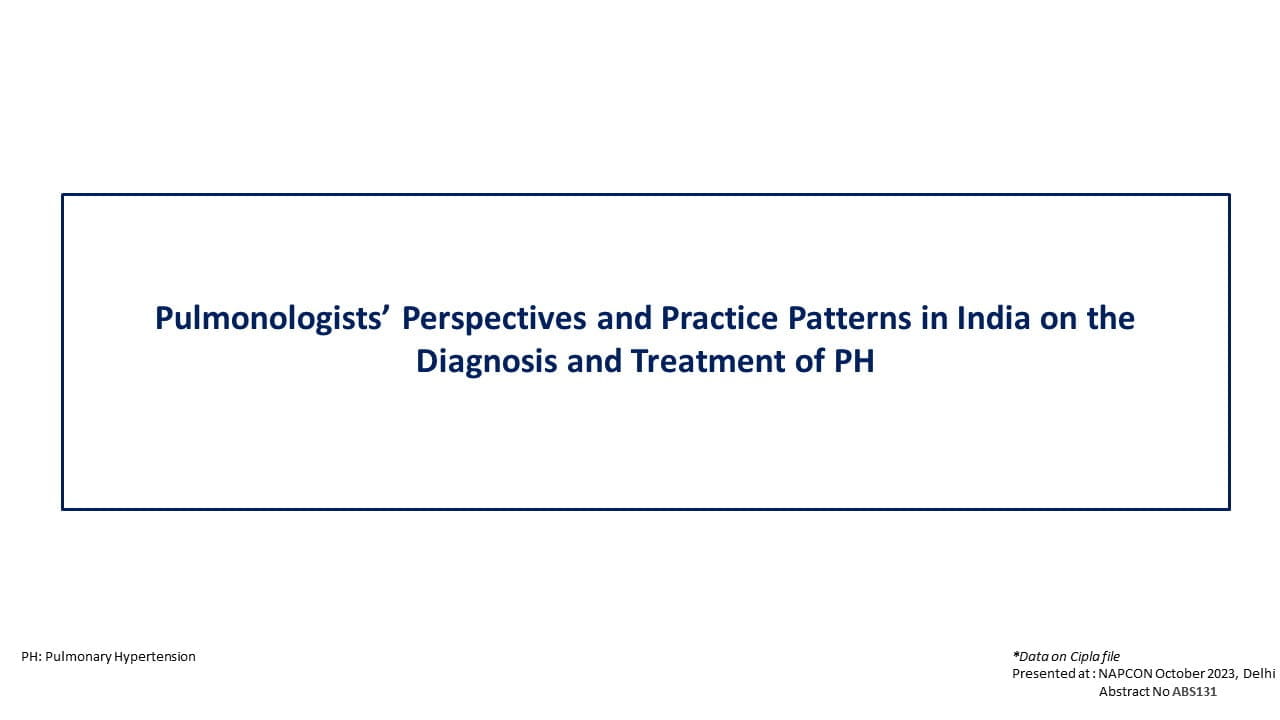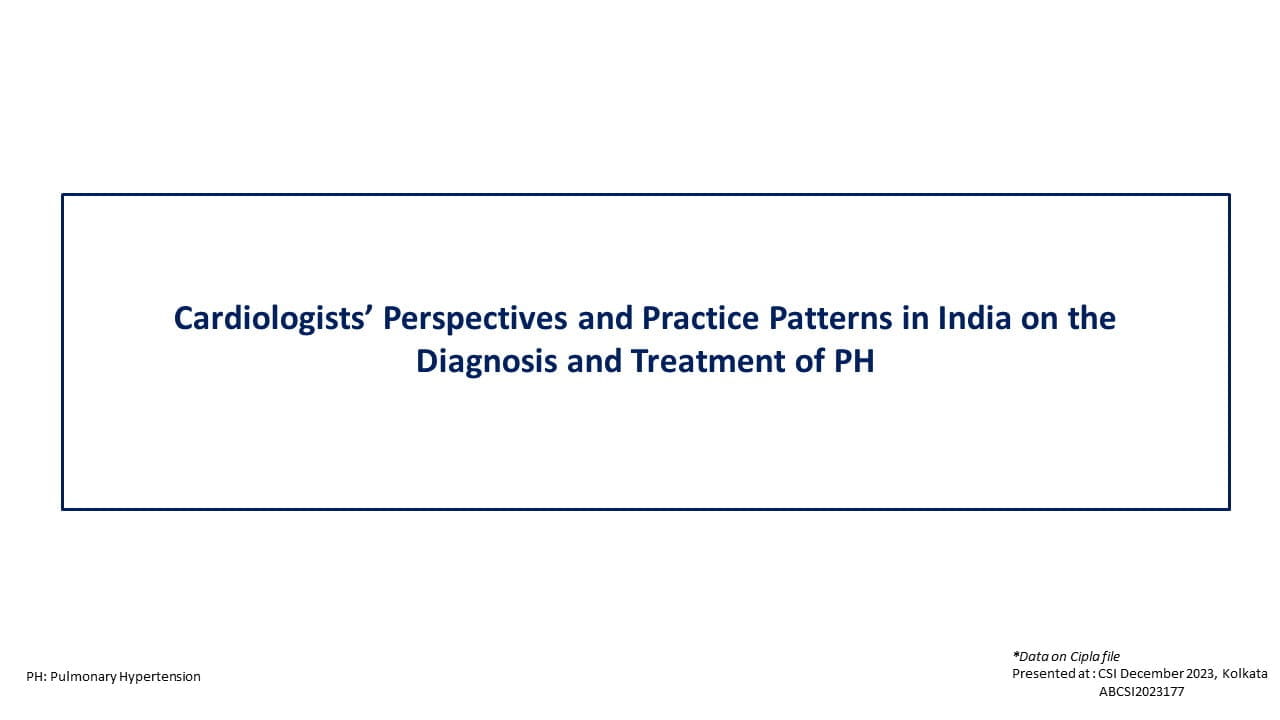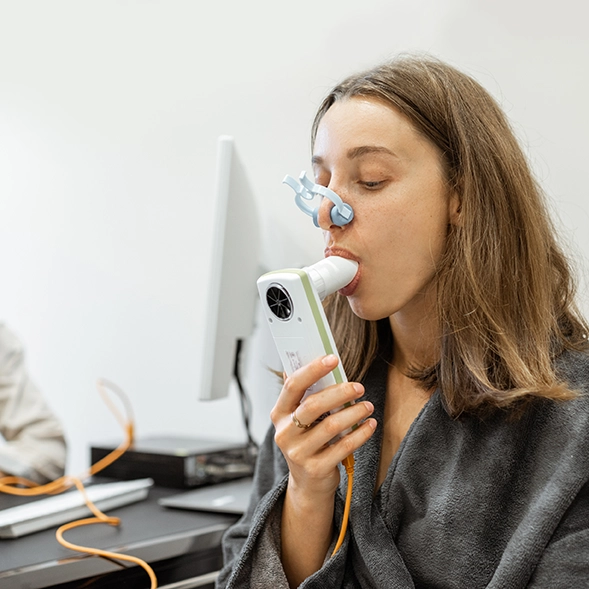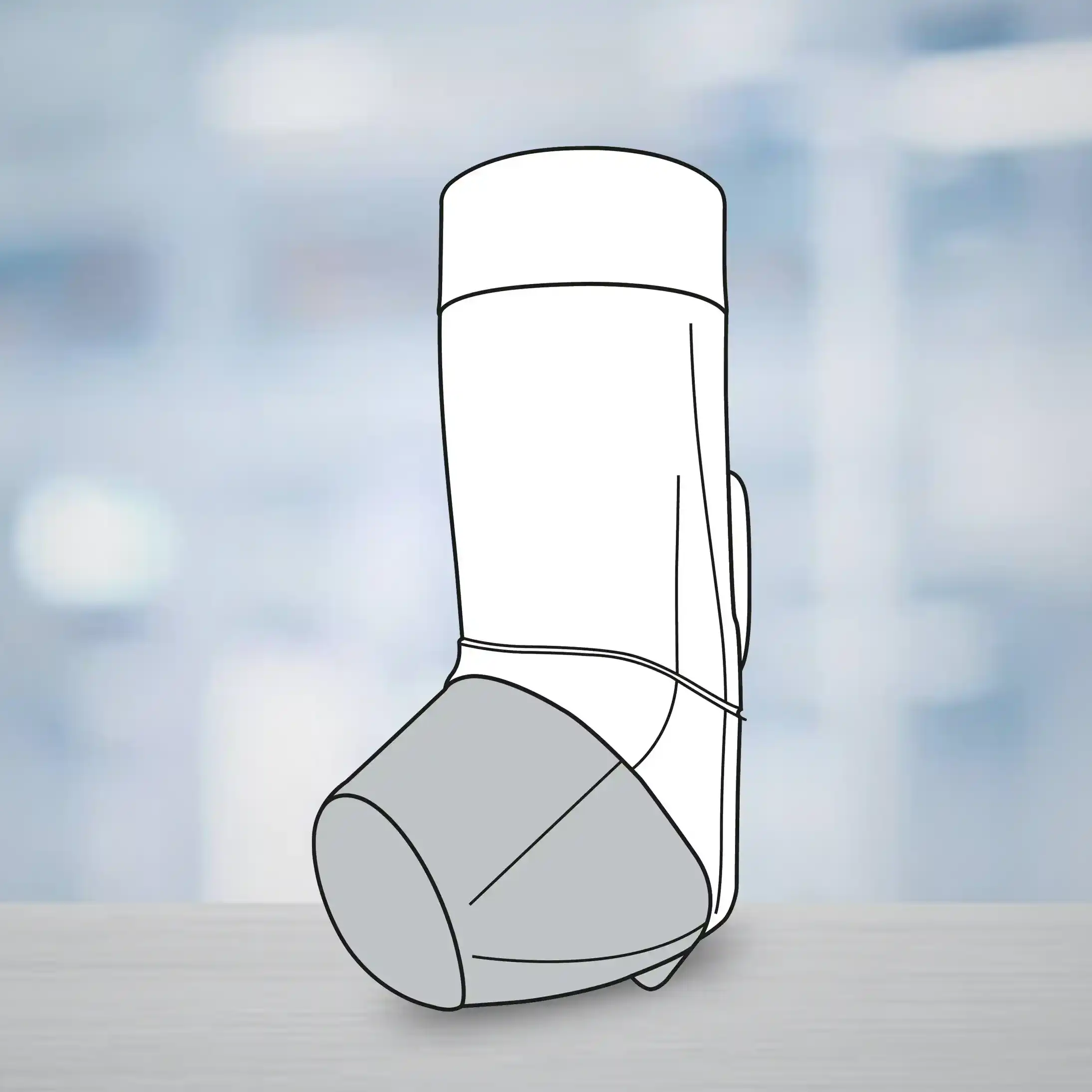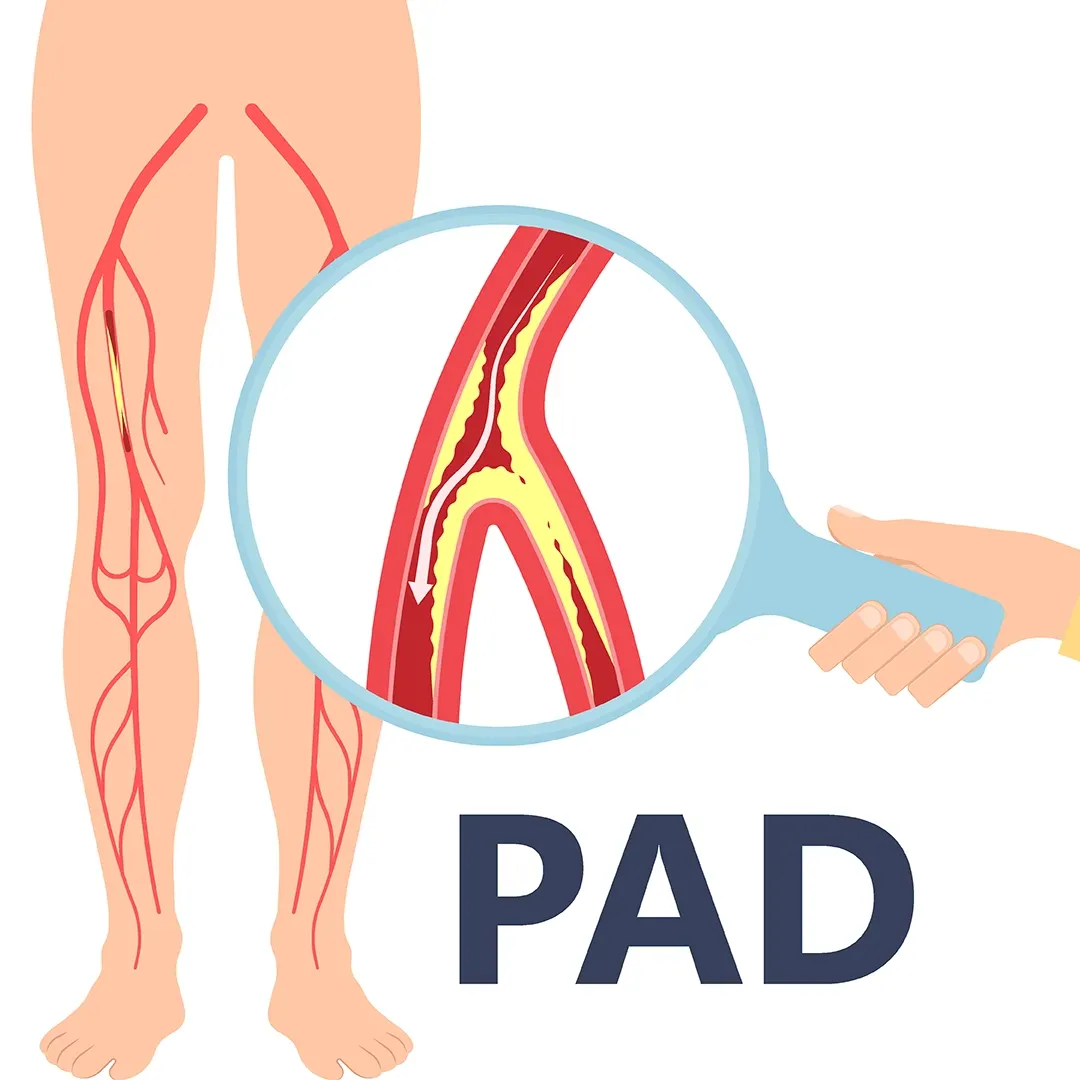Introduction
Gastroesophageal reflux disease (GERD) varies from non-erosive to erosive or complicated forms, including ulcers, columnar metaplasia, and strictures. Clinical management aims to alleviate symptoms, heal erosive esophagitis, prevent recurrences and complications, and enhance overall patient quality of life
Aim
To compare vonoprazan 10 and 20 mg vs lansoprazole 15 mg as maintenance therapy in healed erosive esophagitis (EE).
Patient profile
Patients aged >20 years, with endoscopically- confirmed healed EE following 8 wk. of treatment with vonoprazan 20 mg once daily,
Methods
- Multicenter, randomized, double-blind, parallel-group, phase . clinical study
- N=607
- Patients were randomized 1:1:1 to receive once daily.
- lansoprazole 15 mg (n= 201)
- ovonoprazan 10 mg (n = 202)
- ovonoprazan 20 mg (n = 204)
Study Endpoints
- The primary endpoint of was the rate of endoscopically confirmed EE recurrence during a 24-wk maintenance period.
- EE recurrence rate at Week 12 during maintenance treatment was the secondary endpoint.
- Additional efficacy endpoints included the incidence of heartburn and acid reflux, and the EE healing rate 4 wk. after the initiation of maintenance treatment.
- Safety endpoints comprised adverse events (AEs), vital signs, electrocardiogram findings, clinical laboratory results, serum gastrin and pepsinogen I/II levels, and gastric mucosa histopathology results.
Results
Efficacy
- Once-daily maintenance therapy withvonoprazan 10 mg or 20 mgwas non inferior to lansoprazole 15 mg for the prevention of EE recurrence.
Figure 1: The rate of EE recurrence at 24 wk. and 12 wk. of maintenance therapy
- The intergroup differences in EE recurrence rate at Week 12 of the maintenance period
Table 1: Recurrence rate of erosive esophagitis: Intergroup differences and non-inferiority test
|
Endpoint |
LPZ 15 mg |
VPZ 10 mg |
VPZ 20 mg |
|
Comparison |
Difference and 95%CI (%) |
Non-inferiority, P value |
Fisher exact test, P value1 |
|
Week 24 (primary endpoint) |
|
|
|
|
VPZ 10 mg vs LPZ 15 mg |
-11.8 [-17.83, -5.69] |
< 0.0001 |
0.0002 |
|
VPZ 20 mg vs LPZ 15 mg |
-14.8 [-20.43, -9.26] |
< 0.0001 |
< 0.0001 |
|
VPZ 10 mg vs VPZ 20 mg |
-3.1 [-6.71, 0.54] |
N/A |
0.1090 |
|
Week 12 (secondary endpoint) |
|
|
|
|
VPZ 10 mg vs LPZ 15 mg |
-9.7 [-14.80, -4.62] |
< 0.0001 |
N/A |
|
VPZ 20 mg vs LPZ 15 mg |
-11.2 [-16.04, -6.46] |
< 0.0001 |
N/A |
|
VPZ 10 mg vs VPZ 20 mg |
-1.5 [-4.13, 1.05] |
N/A |
N/A |
1Post hoc analysis. CI: Confidence interval; LPZ: Lansoprazole; VPZ: Vonoprazan; N/A: Not applicable.
- Subgroup analyses showed significant differences in EE recurrence rates during the 24-week maintenance period between vonoprazan (10 mg or 20 mg) and lansoprazole (15 mg).
- Notable differences were observed in patients under 65 of either sex, never smokers, with any LA grade, CYP2C19 extensive metabolizers, or H. pylori-negative
Safety
- Vonoprazan 10 and 20 mg demonstrated similar safety profiles to lansoprazole 15 mg during the 24-wk maintenance period.
- No new safety signals were identified for vonoprazan during the study.
Table 2 : Treatment-emergent adverse events during maintenance treatment n (%)
|
|
LPZ 15 mg (n = 201) |
VPZ 10 mg (n = 202) |
VPZ 20 mg (n = 204) |
|||
|
|
Events |
Patients |
Events |
Patients |
Events |
Patients |
|
Any TEAE |
166 |
103 (51.2) |
220 |
109 (54.0) |
212 |
120 (58.8) |
|
Drug-related TEAE |
30 |
23 (11.4) |
26 |
21 (10.4) |
23 |
21 (10.3) |
|
TEAE leading to study discontinuation |
10 |
8 (4.0) |
5 |
5 (2.5) |
8 |
8 (3.9) |
|
Any serious TEAE |
4 |
4 (2.0) |
5 |
5 (2.5) |
4 |
4 (2.0) |
|
Death |
0 |
0 (0.0) |
0 |
0 (0.0) |
0 |
0 (0.0) |
Table 3: TEAEs reported in ≥ 2% of patients in any group, irrespective of causal relationship to study medication, during maintenance treatment
|
TEAE (preferred term) |
LPZ 15 mg |
VPZ 10 mg |
VPZ 20 mg |
||||
|
|
Events |
Patients |
Events |
Patients |
Events |
Patients |
|
|
Nasopharyngitis |
28 |
(13.9) |
34 |
(16.8) |
27 |
(13.2) |
|
|
Diarrhea |
11 |
(5.5) |
6 |
(3.0) |
5 |
(2.5) |
|
|
Upper respiratory tract inflammation |
3 |
(1.5) |
8 |
(4.0) |
4 |
(2.0) |
|
|
Elevated blood creatinine phosphokinase |
2 |
(1.0) |
4 |
(2.0) |
6 |
(2.9) |
|
|
Elevated blood triglycerides |
6 |
(3.0) |
1 |
(0.5) |
5 |
(2.5) |
|
|
Fall |
1 |
(0.5) |
8 |
(4.0) |
2 |
(1.0) |
|
|
Gastroenteritis |
1 |
(0.5) |
5 |
(2.5) |
5 |
(2.5) |
|
|
Back pain |
1 |
(0.5) |
3 |
(1.5) |
5 |
(2.5) |
|
|
Constipation |
4 |
(2.0) |
2 |
(1.0) |
3 |
(1.5) |
|
|
Elevated ALT1 |
1 |
(0.5) |
3 |
(1.5) |
4 |
(2.0) |
|
|
Contusion |
1 |
(0.5) |
5 |
(2.5) |
2 |
(1.0) |
|
|
Seasonal allergy |
2 |
(1.0) |
4 |
(2.0) |
2 |
(1.0) |
|
|
Bronchitis |
2 |
(1.0) |
5 |
(2.5) |
0 |
(0.0) |
|
|
Dizziness |
1 |
(0.5) |
4 |
(2.0) |
2 |
(1.0) |
|
|
Abnormal liver function test2 |
1 |
(0.5) |
2 |
(1.0) |
4 |
(2.0) |
|
|
Abnormal hepatic function2 |
1 |
(0.5) |
0 |
(0.0) |
4 |
(2.0) |
|
|
Periodontitis |
0 |
(0.0) |
4 |
(2.0) |
1 |
(0.5) |
|
1Recorded as a special-interest adverse event (SIAE) if ALT > 3 × the upper limit of normal (ULN); 2Recorded as a SIAE if total bilirubin > 2 × ULN in two consecutive measurements. ALT: Alanine aminotransferase; LPZ: Lansoprazole; TEAE: Treatment-emergent adverse event; VPZ: Vonoprazan.
- Mean serum levels of gastrin, pepsinogen I, and pepsinogen II increased in all treatment groups following the initiation of maintenance therapy, with the greatest increases observed in the vonoprazan 20 mg group and the smallest in the lansoprazole 15 mg group
- Histopathologic evaluations indicated that these increases in serum gastrin did not result in significant clinical effects on the gastric mucosa
- Additionally, all treatment groups showed slight increases in the number and density of Grimelius-positive cells, leading to higher ratios of Grimelius-positive cells to epithelial
Conclusion
The study demonstrates non-inferiority of vonoprazan 10 and 20 mg to lansoprazole 15 mg as maintenance therapy for patients with healed EE.
Reference
World J Gastroenterol 2018; 24(14): 1550-1561


